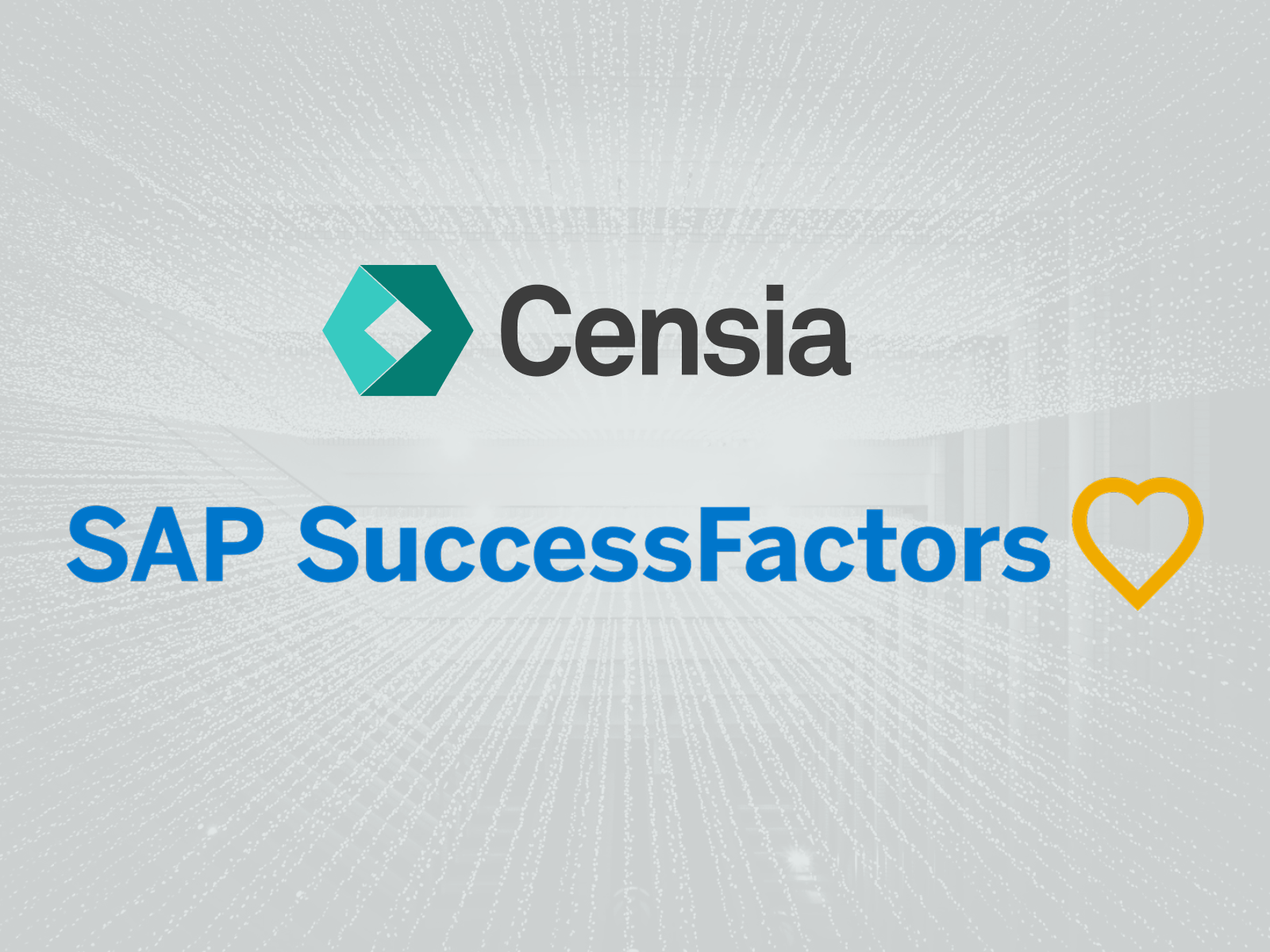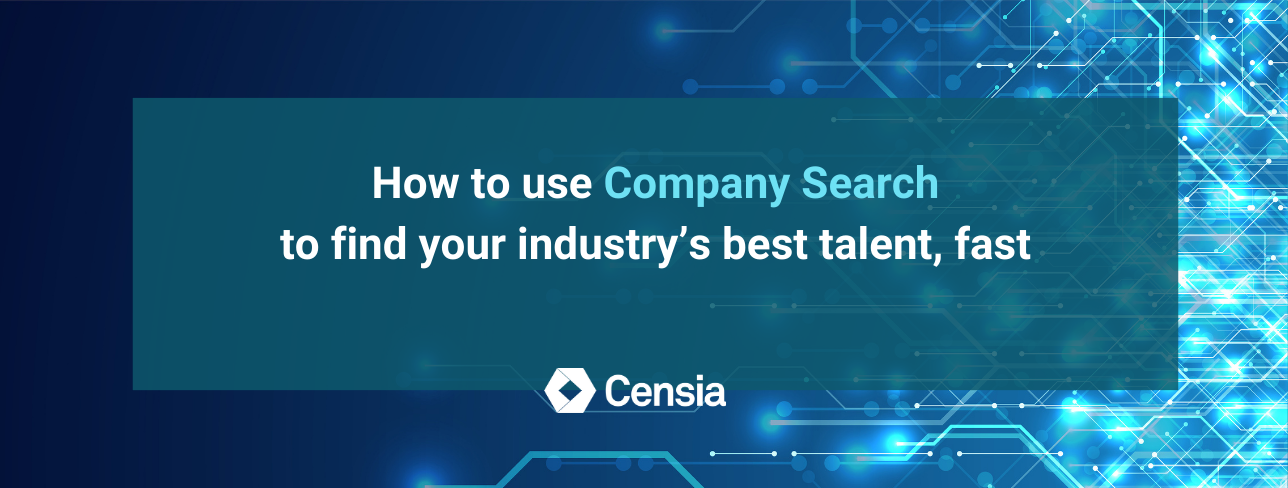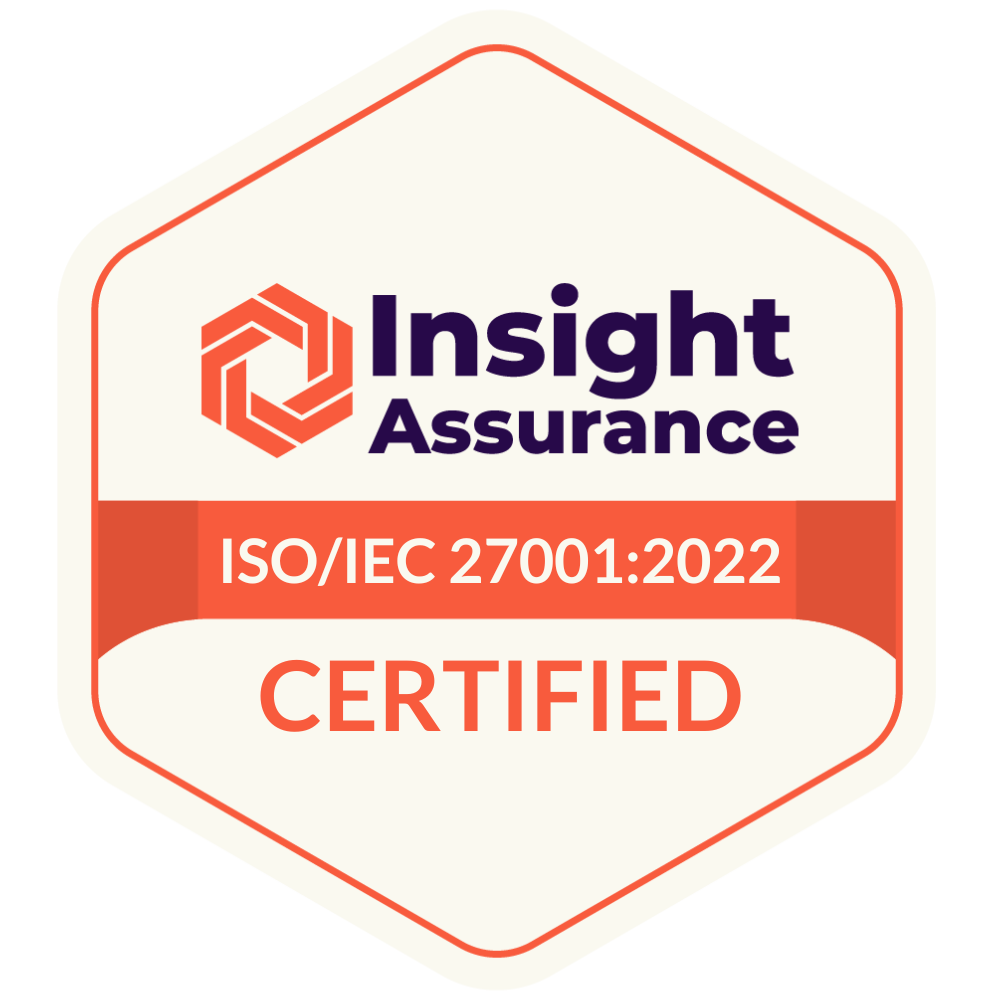Because talented, well-qualified people are the lifeblood of a successful organization for years to come, the prospect of hiring the best talent using an artificial intelligence (AI)-powered solution is not only a good short-term solution but a long-term one at that.
Over the last few decades, the talent acquisition function has often been reactive, to no fault of the teams themselves, but because of the nature of volume-sourcing strategies and other tactics. Recruiters often spend valuable time seeking out candidates on professional social media networks at the cost of human-centered activities like building company brand or interviewing.
Surprisingly, adopting artificial intelligence in recruiting processes will make the process more human, and at the same time, better align talent acquisition with a company’s strategic goals. This can help recruiters make smarter decisions, faster, and ultimately bring a higher recruitment ROI to an organization. Below, you will find out more about the long-term benefits that result from adopting an AI-powered solution for your recruiting efforts.
Reduced Turnover and Increased Internal Mobility
As you may know, influencing the turnover rate at your company is an important, quantifiable way of affecting the bottom line. According to the Society for Human Resource Management (SHRM), the average turnover rate was 18% in 2016, though this figure can vary widely across industries. What if you could minimize the causes of turnover? That would reduce recruiting costs significantly. One way that AI-powered talent solutions like Censia can help reduce the turnover rate is by applying ideal candidate modeling to your existing applicant tracking system (ATS). This approach conducts internal mobility matching to reveal which existing employees could be a good fit for open jobs.
Increased Diversity
LinkedIn came out with a report in 2018 that surveyed about 9,000 talent recruiters and hiring managers about the four trends (diversity, new interviewing tools, data, and artificial intelligence) that are shaping recruiting and hiring. They found that “diversity hiring” is the most popular trend–with 78% reporting they are actively working on prioritizing diversity for reasons such as improving company culture or financial performance.
A McKinsey & Company 2018 report found a statistically significant correlation between a more diverse leadership team and financial outperformance. For example, companies that were in the top quartile of ethnic/cultural diversity on executive leadership teams were 33% more likely to have industry-leading profitability.
How can AI-powered solutions help create more diversity at your organization? Talent intelligence software can help eliminate unconscious bias during sourcing by removing personally identifying characteristics such as race, gender, or age and deliver a ranked slate of candidates without a profile photo. Along with AI-generated summaries of that spotlight career trajectory and skillset combination information, these tools can help introduce diversity to a candidate pool in a fair and ethical manner.
Improved Candidate Experience
A good candidate experience has the power to influence your company brand—Glassdoor says that 4 out of 5 candidates look to company reviews and ratings when making decisions about employment. Using talent intelligence software that can perform the most tedious parts of recruiting—and instead provide a shortlist of ranked and scored candidates—will streamline the recruiting and hiring process, cutting it down from 2-3 weeks to 2-3 days in the case of Censia’s platform. Recruiters can focus on connecting with candidates and retaining existing talent, which will bolster your reputation as an organization.
As you examine the use of artificial intelligence for your team, note that in order to maximize results, your recruiting outcomes should align with business objectives and benefit the entire organization. Talent professionals are noticing that AI can help them make smarter and faster recruiting decisions. In the LinkedIn report mentioned above, 35% of HR professionals say that AI is the top trend impacting how they hire, with the majority reporting that AI solutions help save time in sourcing and screening candidates, as well as help with nurturing candidates.
The long-term benefits of talent intelligence discussed in this article—reduced turnover and increased internal mobility, increased diversity, and improved candidate experience—will positively impact your organization for decades to come, allowing company culture to thrive and drive business success



